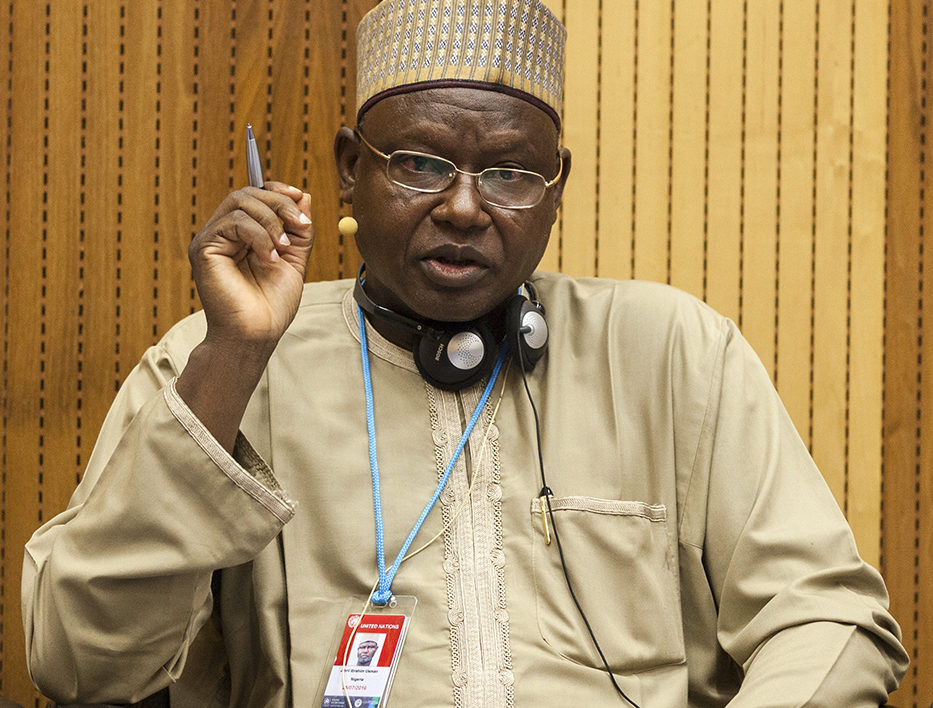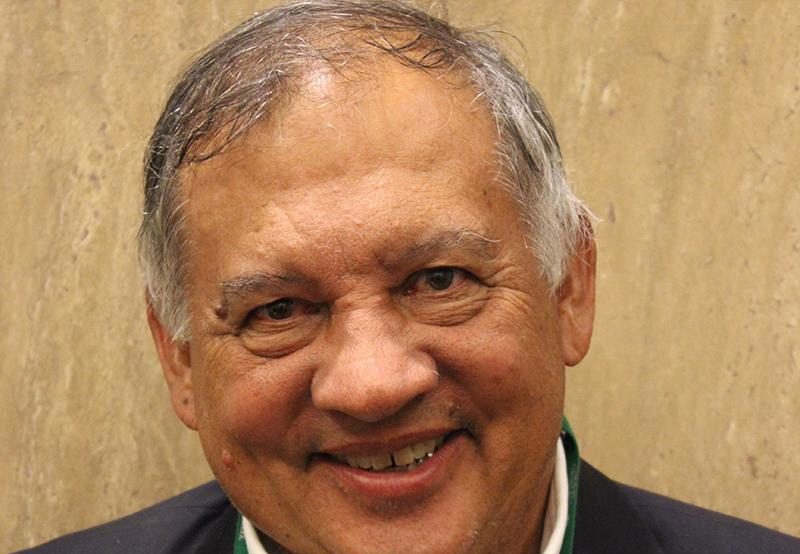The Federal Government said it has begun the implementation of Hydrochlorofluorocarbon (HCFCs) Phase-out Management Plan (HPMP) aiming for the complete phase-out of Hydrochlorofluorocarbon (HCFCs) or ozone depleting substances by 2040.
Hydrochlorofluorocarbons (HCFCs) are compounds consisting of hydrogen, chlorine, fluorine, and carbon atoms.
HCFCs and hydrofluorocarbon (HFCs) were created as substitutes for chlorofluorocarbons (CFCs) for use in refrigeration and a wide variety of manufacturing processes.
The Minister of State for Environment, Ibrahim Jibril, disclosed this on Thursday in Abuja at an event to Celebrate this year’s International Day for the Preservation of the Ozone Layer.
According to him, the plan would be achieved in phases. He said the current activities were in the phase one of the HPMP, which started in 2012 explaining that they were aimed at achieving 15 per cent phase out of HCFCs on completion.
“We have made considerable progress in this regard and hope to complete it this year.
“A key component of the stage one HPMP is the pilot plant for the production of the High Grade Hydrocarbon Refrigerants to be used as alternatives to Hydrochlorofluorocarbon in the refrigeration and air-conditioning and its related servicing sector,’’ he said, noting that the plant had since been completed and inaugurated in 2015.
“We are in the process of devising ways of commercializing the plant.
“Another major component is the System House Project to build capacity for the formulation and production of Methylformate based Pre-blended Polyurethane panels to replace HCFC-141b currently used for production of polyurethane panels and thermowares.
“Others are spray foam and blocks for the thermal insulation in the refrigeration and air conditioning manufacturing sector by commercial ice makers, cooler manufacturers and Insulated building construction companies,’’ he said.
According to him, this has also been completed and will lead to the phase out of 70 metric tons of HCFC-141b in the foam sector.
The minister said that the Montreal Protocol had succeeded in phasing out nearly 100 per cent of controlled ozone depleting substances that were also potent global warming gases.
READ ALSO: ‘Virginity testing’ unscientific, a human rights violation – UN agencies
“Nigeria has been part of these global efforts since 1998, when our country signed both treaties and subsequently signed all the related Amendments.
“As a party to these treaties and in line with the Protocol’s provision, Nigeria has continued to receive financial and technical assistance from the Multilateral Fund (MLF) for the implementation of the Montreal Protocol.
“The fund is being spent to phase out the use of ozone depleting substances, through capacity building and institutional strengthening as well as conversion to Ozone-Friendly Technologies and processes in the affected industrial sectors.
“This has enabled us to meet the target dates for the phase out of chlorofluorocarbon (GFCs, Carbon Tetrachloride (CTC), Halons and Methyl Bramide in the foam production, refrigeration manufacturing and servicing and fire fighting sectors,’’ he said.
Mr Edwin Isola, National Consultant, Public Health and Environment, World Health Organisation (WHO), restated the organisation’s commitment to support the global efforts to phase out ozone depleting substances.












